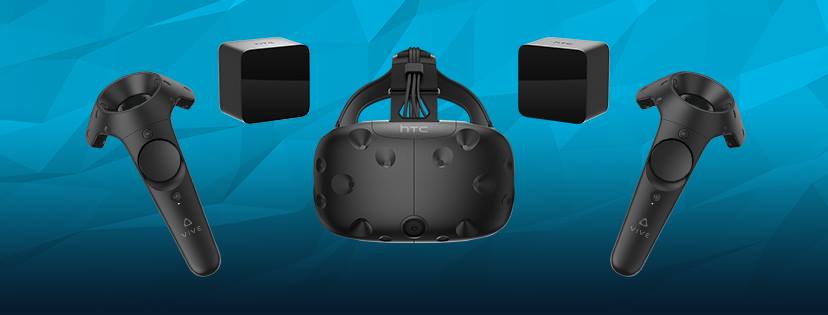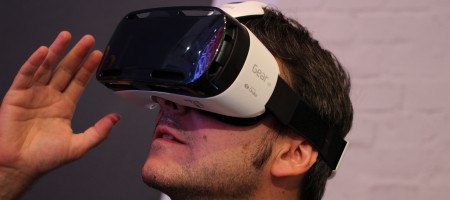It’s difficult to describe modern technology in any sort of all-encompassing way. However, one take that comes close is that modern tech is making the world smaller. Travel is getting more efficient, people are getting more convenient, and most notably, we’re enjoying experiences through tech that we might never have been able to try in person. For these reasons, there’s a belief among some that tech has the potential to destroy travel, or at least put a fairly big dent in the tourism industry.
Determining whether or not this is actually happening means looking into specific ways in which tech might disrupt travel. So we’ve done a brief analysis of some key areas.
Museum Tours
“Take in some great art without leaving home” was actually a sort of tagline on an article examining the best augmented and virtual reality museum tour experiences on offer this year, which more or less says it all. Museum tours are rarely the full reason for people to travel, but they’re also included on a trip, and at least in some sense, VR and AR are making them obsolete. Or at least, that’s the perception. It still seems fairly unlikely that a significant number of would-be museum visitors will ultimately neglect to go because of these tech-based simulators though. There’s an understood value to seeing art in person, such that while AR and VR tours might be appreciated, and even used for educational purposes, they’re not full substitutes for the real thing.
Cycling & Hiking Trips
This is one area in which virtual reality may actually be making a real dent. While the museum tour idea seems like a non-story, the fact that people are already using VR combined with exercise bikes to experience routes all over the world seems more significant. This is because cycling routes, and hiking trips for that matter, aren’t just about travel. They also tend to be about physical challenge and accomplishment, and if someone can earn that sense of accomplishment through a simulation, there is almost certainly less motivation to replicate the experience in the real world. Given this it could well be that VR and its use in exercise may marginally cut back on the number of people who travel for physical trail excursions.
City Exploration
The idea of exploring a city through virtual reality is one that’s been given a fair amount of attention these last few years. Some travel booking sites are actually exploring virtual reality as a sort of next generation of online photo galleries or interactive tours. And some more game-oriented VR developers have produced experiences that more or less allow users to “fly” over cities, exploring them from above. In this case however it’s hard to imagine the tech experiences substituting for the real thing. They sound like fun, certainly, and people will almost definitely be more inclined to use VR to explore cities they haven’t been to before. If anything though, we could almost imagine all of this drumming up excitement for city tourism, rather than satisfying it.
Casino tourism is perhaps the only area discussed here in which there could be a measurable decline in tourism over time. Casino activity is accessible via digital means from all over the world, and it’s only getting better at imitating the real thing. The best platforms have embraced live elements to their games, such as dealers viewable through video feeds. And already, casinos are creeping into VR, though they’re doing so slowly. Oddly, to this point, casino tourism actually isn’t markedly down around the world, at least not in a way that can be tied to tech. This may be due to the fact that “casino” is now a loose term, with the tourist resorts now offering a lot of entertainment and recreation beyond gaming. But it’s still going to be interesting if this changes as the digital games grow even more lifelike.
Road Trips
Road trips may actually change the most as a result of tech, and likely in unpredictable ways. For instance, a look ahead to the road trips of 2030 pointed out unexpectedly that cars will be made in large part from recycling plants by then, and that we’ll be inching toward flying vehicles. More to the point though, the same piece noted that by 2030, sitting back and eating a bowl of Rice Krispies while “driving” could be the norm. The implication is that cars will largely be driving themselves, which clearly changes the entire nature of the road trip. Some purists will suggest it ruins the road trip as we know it, because the actual driving is part of the experience. If anything though, we think, this will only tempt more people to head out on lengthy road trips.
This analysis could undoubtedly go further and look at additional areas. These are some of the spaces in which tech clearly intersects with travel interests however, and for the most part it doesn’t seem to be a huge threat. There are some specific possibilities that certain types of travel could be mildly affected by tech practices. But by and large the idea that tech will somehow ruin tourism seems, at least at this point, to be overblown.




















